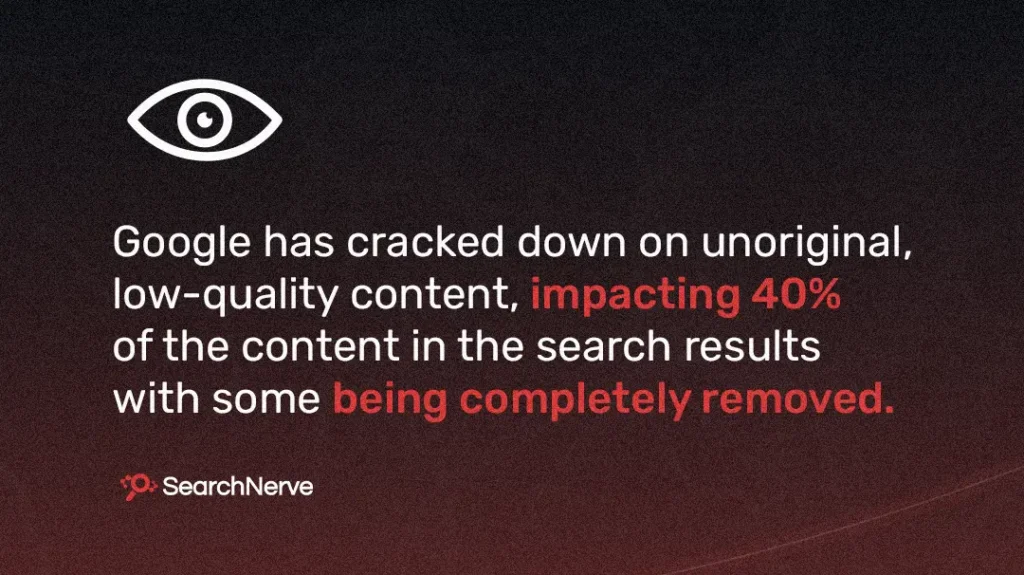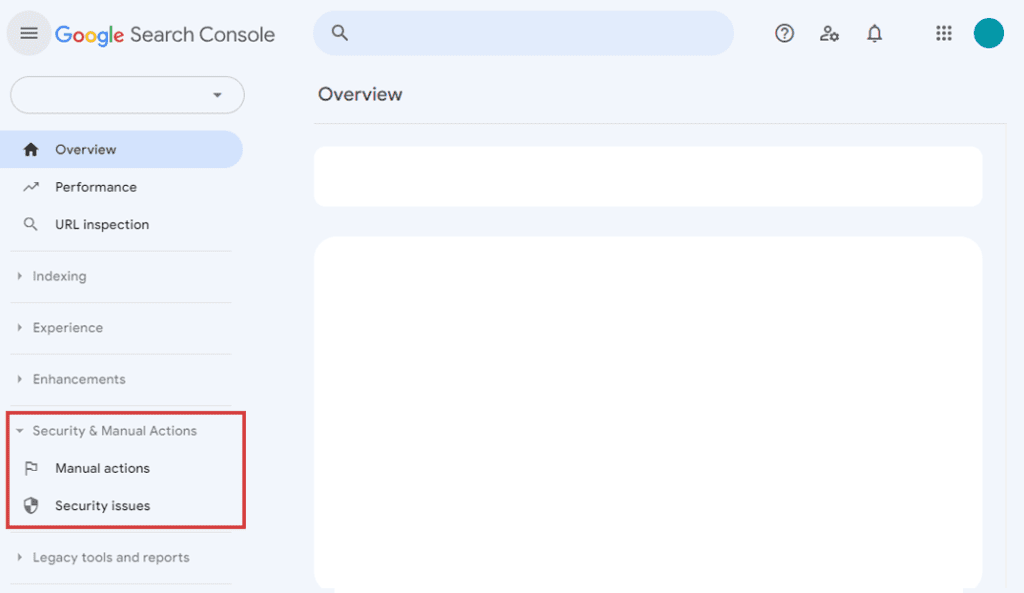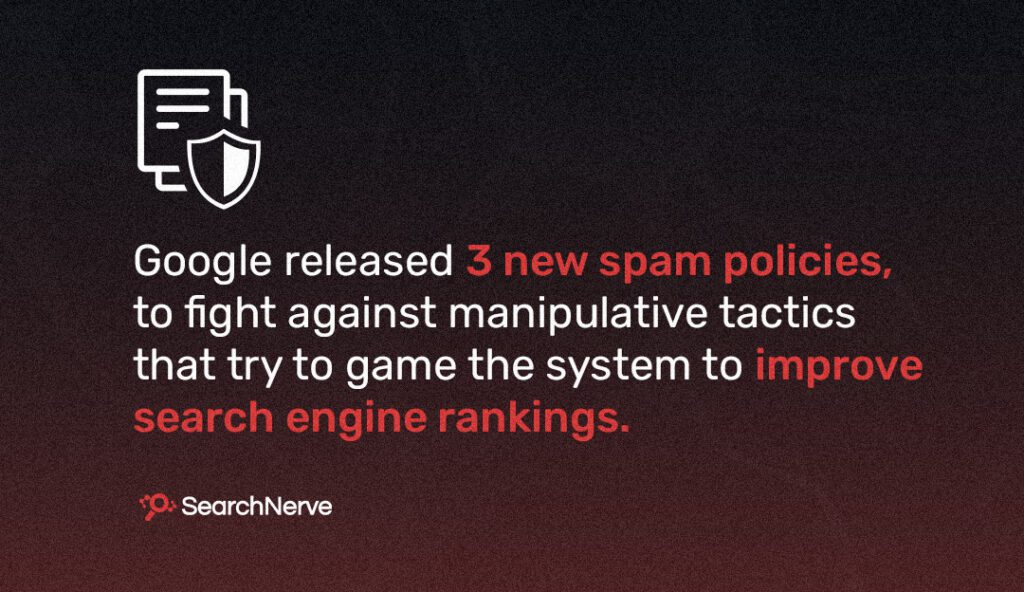Google’s March 2024 core update rocked the SEO community, and for good reason. This update cracked down on many of the new developments that were happening over the last year or so regarding content, AI and spam, making EEAT more important than ever.
With AI content seemingly being our future, content was generated easily at mass and uploaded onto sites, blogs and articles as posts. I mean think about it, you now had the power to upload content without actually sitting there, researching and writing it. While this content would rank, it would do so temporarily. This, paired with the plethora of people engaging in this pratice filled the search results with unoriginal, unhelpful content. Just by reading an article, you could tell if it was written by AI, or by a human.
On ‘They Keyword’, which is news blog focusing on Google’s latest products and innovation, Google announced the purpose of their latest update and stated:
‘We’re enhancing Search so you see more useful information, and fewer results that feel made for search engines.’
1. Unoriginal Content

Google has cracked down on unoriginal, low-quality content, with is estimated to be impacting 40% of the content in the search results, with some being completely ignored.
With this update, Google targeted content that doesn’t provide any actual value to users. Content that is repurposed, not really new and doesn’t contain any of the writers experience of originality are now considered unoriginal. As a result, many reports shown that websites were being de-ranked in the SERPs with their traffic completely tanking. Now, this is not to say that all content is affected. You can never know exactly what Google’s algorithms may flag as unoriginal, however there are a few guesses.
Ai content for instance, is content that is highly likely to be unoriginal, if not prompted properly to get a unique and tailored answer. In most cases, the AI will spit out content that it probably giving to the next person based on the prompt level.
2. Refined AI Detection
Google has refined their AI detection system, giving penalties and manual actions to those that have AI generated content with no added originality or value.
This is a fairly obvious addition, with many saying ‘about time!’. As mentioned, AI content is huge and in many cases, people are not using the AI correctly. Using a simple 5 worded prompt is not enough context for the AI to generate something unique and valuable. With this refined algorithm, it will now focus on content made for the users.
A penalty, or manual action, is what you see in Google Search Console. Manual actions are fairly straight forward, they are handed out by a human reviewer at Google who determines whether you content is attempting to manipulate the search index, or is not compliant with the spam policies. Once you receive a manual action, you will notice that the pages in question will see a drop in rankings. This can even affect the entire website, ultimately reducing your entire organic traffic.

3. De-indexed Websites
Due to this update, there was a surge of website owners reporting that their site had been de-indexed, removed completely from Google’s search results. Research has shown that the websites that were affected in this way all had one thing in common, which was they contained thin content, or duplicate content.
This is important as it clearly tells us that Google favours content that is fleshed out, original and unique. Its easy to just say those words, but what does it actually mean? It means that the content you write needs to truly help the user. In the eyes of Google, a page with 100-200 words is not enough to convey your expertise, knowledge and authority in the topic. Why would Google want to show a page with only 200 words, when a page with 2,000 words talking about everything related to the topic exists? That ties in with EEAT, which are guidelines to creating quality content, written by an expert for the users.
4. New Spam Policies

As part of this March 2024 Core update, Google also announced 3 new spam policies to fight against manipulative tactics that try to game the system to improve or boost their search engine rankings.
4.1. Scaled Content Abuse
This policy aims to prevent content that is generated in mass to obtain search engine rankings. You might think that is is only targeting Ai content, since it can be generated quickly. However this also targets any content generated on mass, whether by Ai or a human.
Tucker shared an example of what this type of content involves, which is when a piece of content starts off by stating it can answer your exact question, but untimely contains low-quality content which never gives a definitive answer.
4.1.2. Site Reputation Abuse
Google will now treat low-value, third-part content on reputable websites as spam, if it’s produced primarily for ranking purposes without the site owner’s close oversight. However, this doesn’t mean all the third part content on a website will be affected. Google stated:
‘Many publications host advertising content that is intended for their regular readers, rather than to primarily manipulate Search rankings. Sometimes called ‘native advertising’ or ‘advertorial,’ this kind of content typically wouldn’t confuse regular readers of the publication when they find it on the publisher’s site directly or when arriving at it from Google’s search results.’
Therefore, Google has drawn a fine line between what content is considered abuse for rankings and what isn’t.
4.1.3. Expired Domain Abuse
Google now considers the re-purposing of expired domains to boost search engine rankings of low-quality content as spam, which aims to address the issue of users being mislead due to the previous authority of the old domain. This policy has clearly been implemented due to many websites engaging in this practice over the last year.
5. Final Thoughts
As you have read, Google has stepped up their level of ‘security’ of the search results, clearing up any content that could mislead users, not be helpful or try to game the system. This is a step in the right direction, as it will now allow websites that have genuine content to flourish even further, with the generated, low-quality unoriginal content being sieved out. Google aims to maintain its market share in the list of search engines, therefore making this a necessary step.
As for AI content, users and site owners will now start to get creative. There has been a surge of AI tutorials, stating how to get the most out of AI by feeding it your content and information to get specific, tailored information to maximise on the uniqueness factor. However, do you think this is just another trend which Google may catch on to?